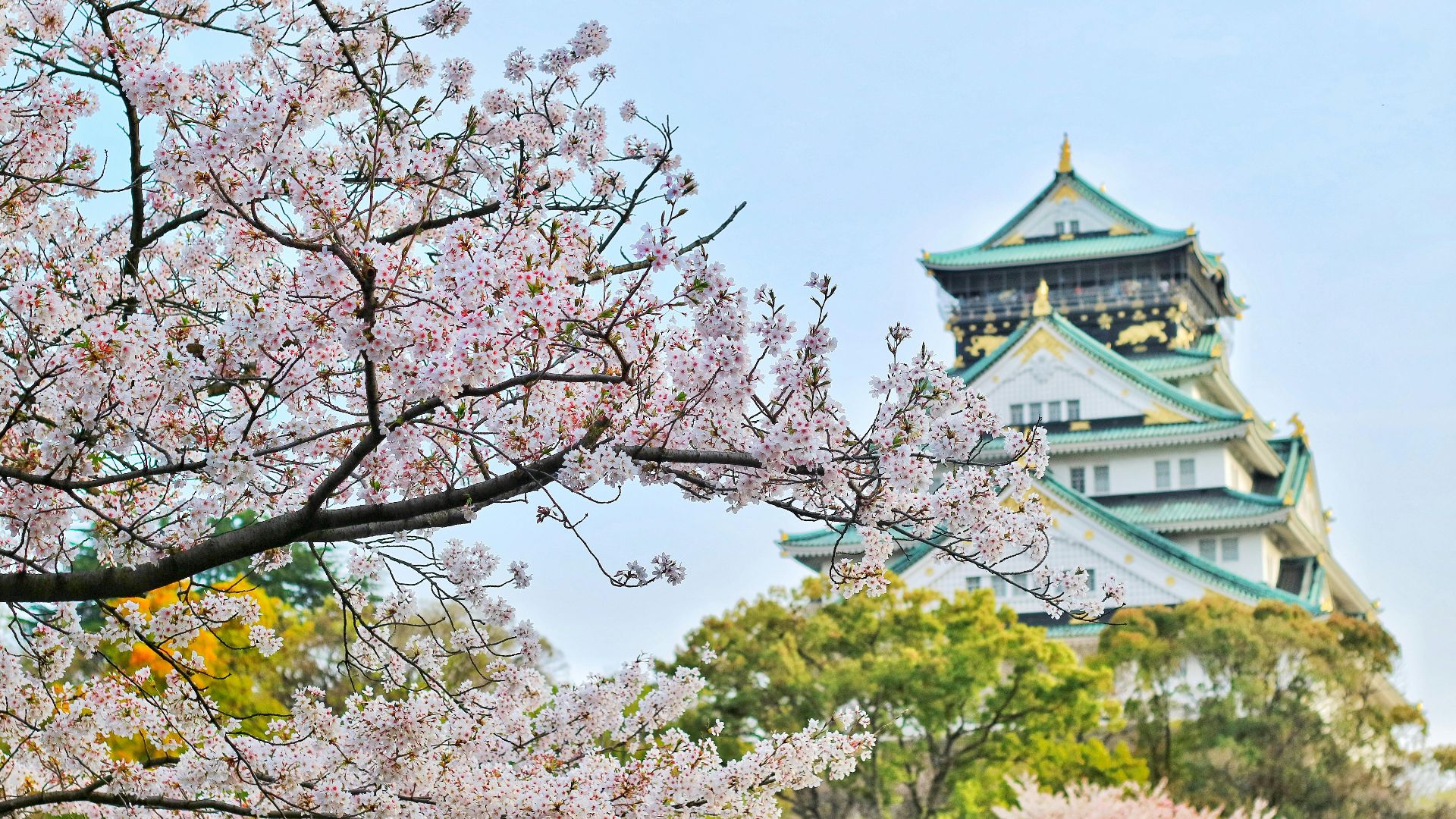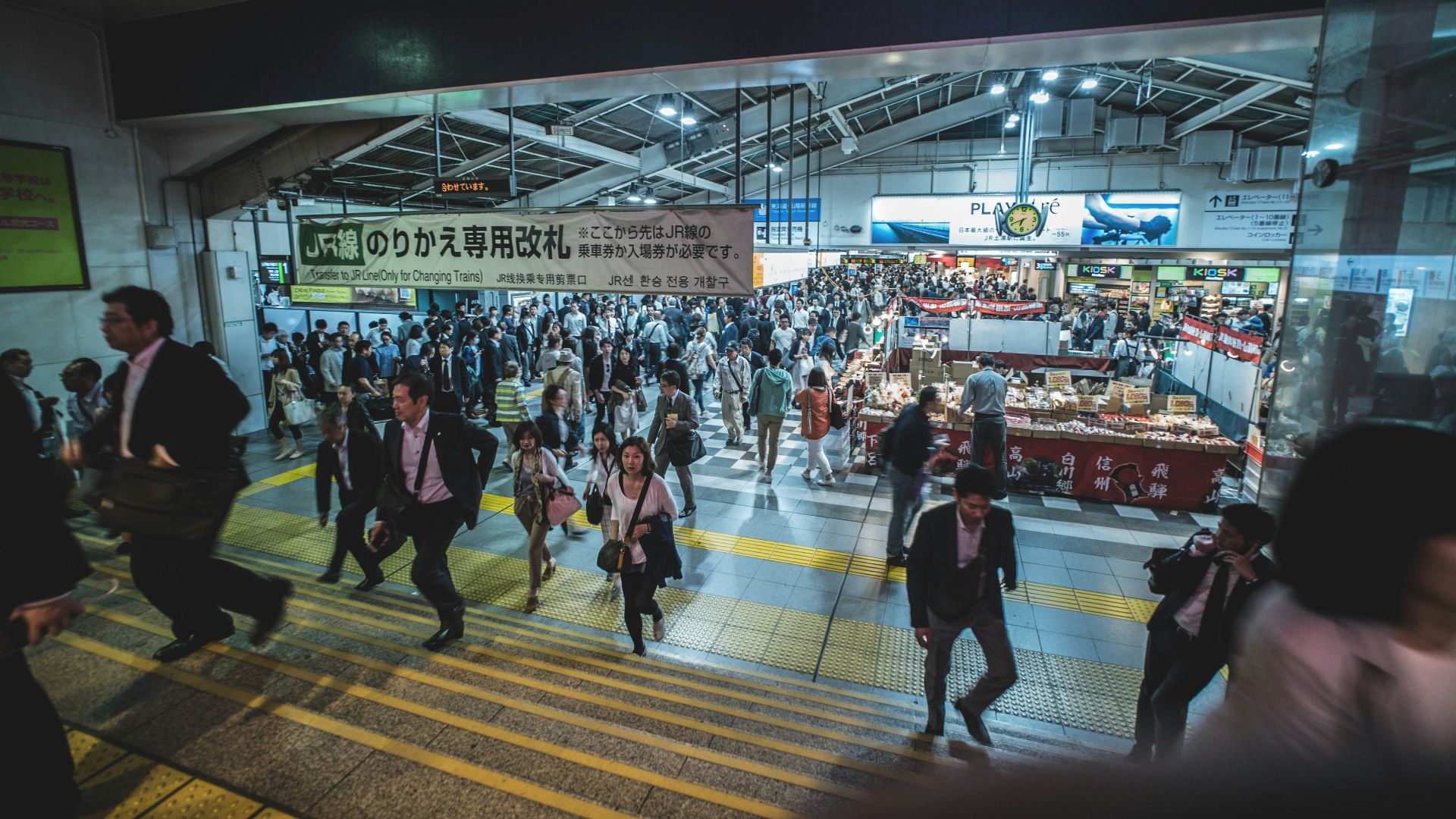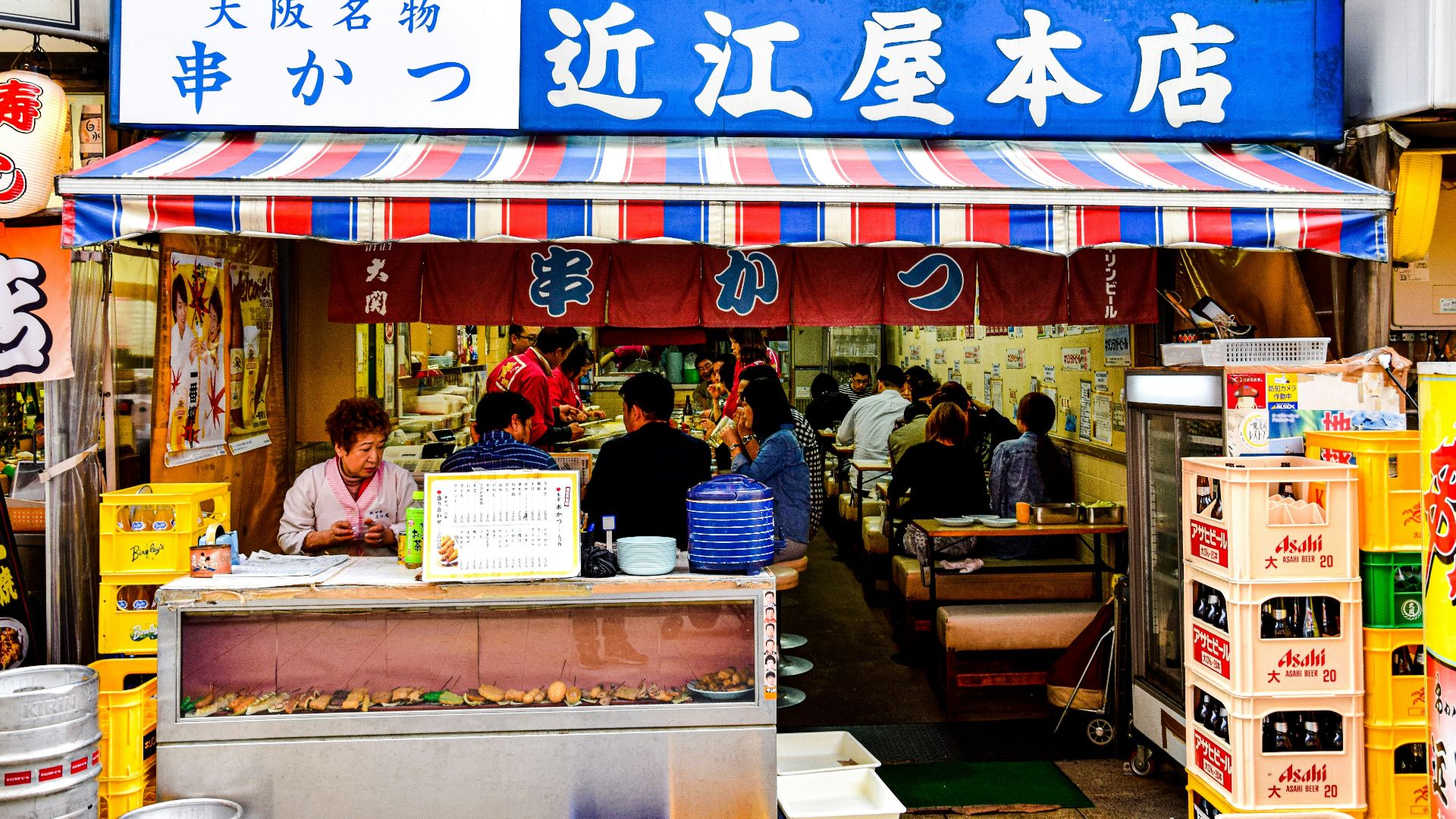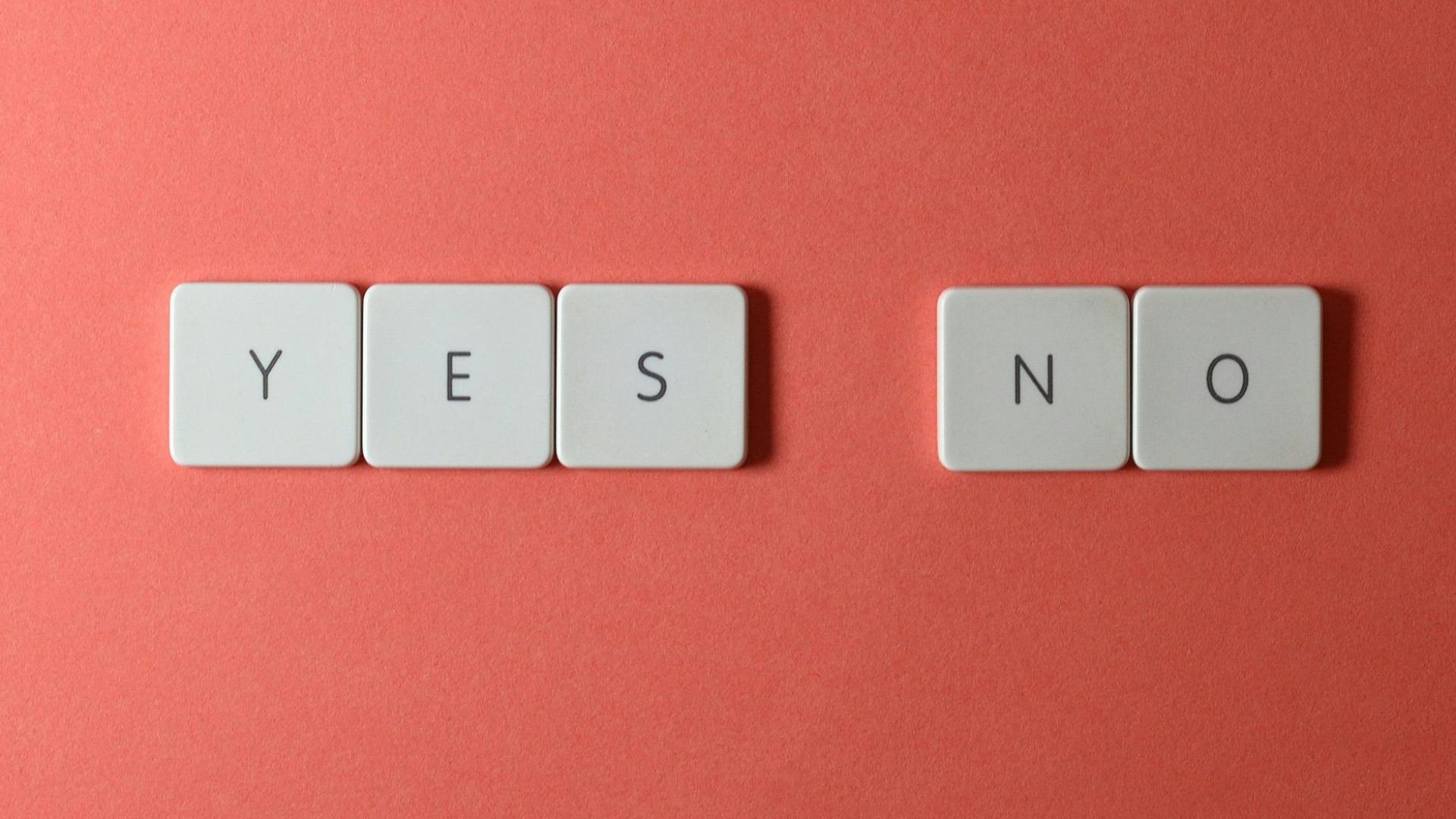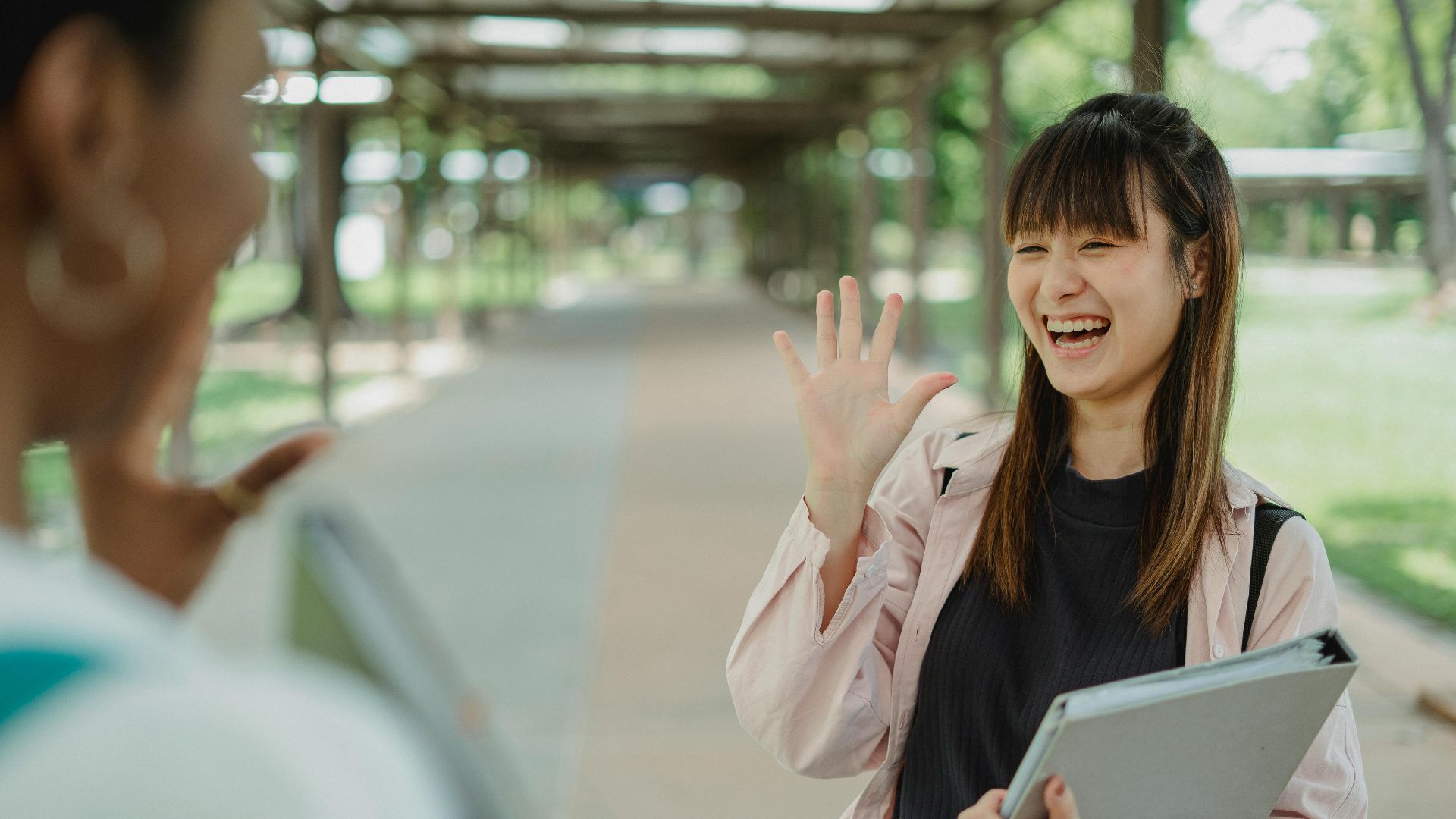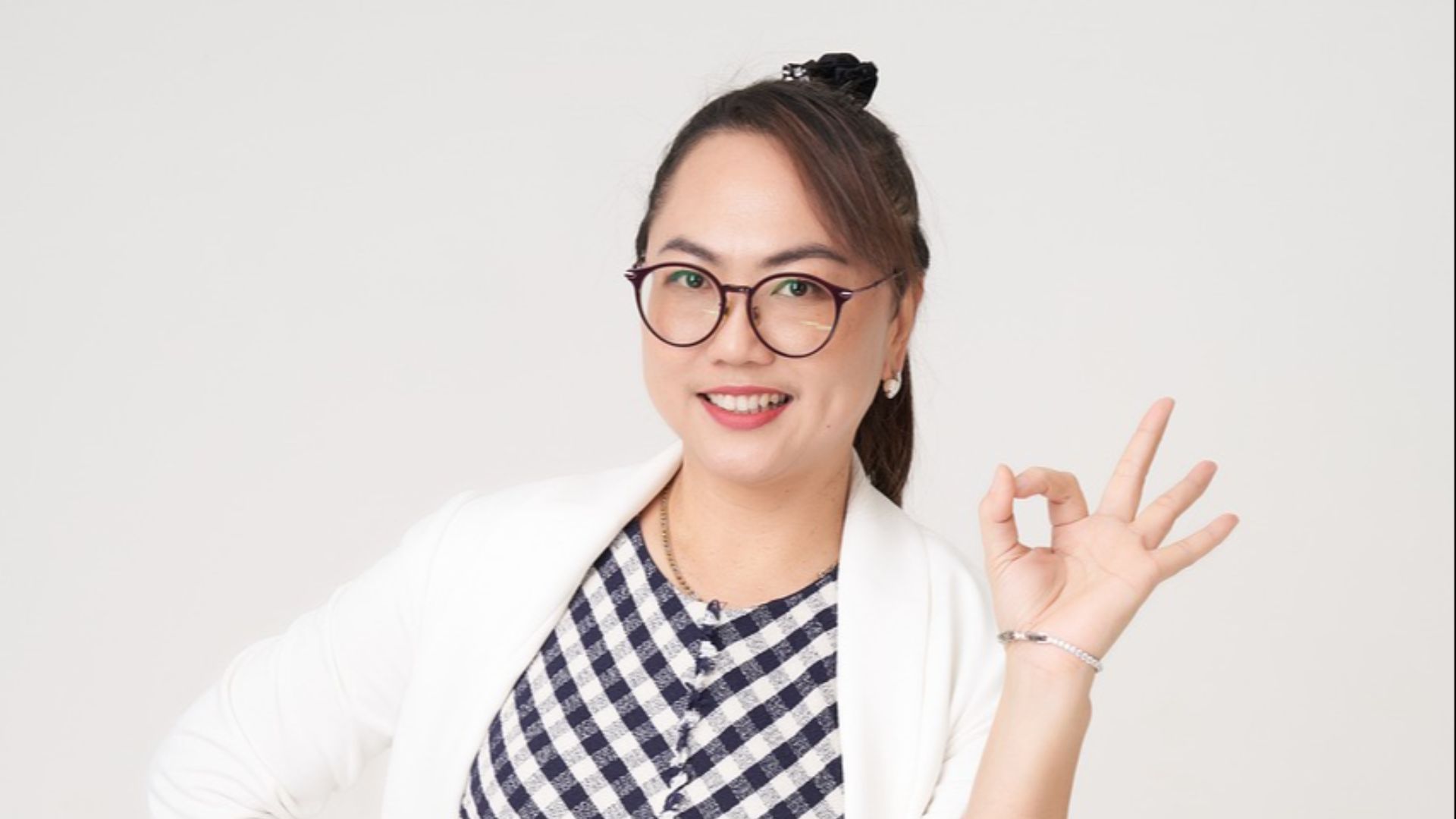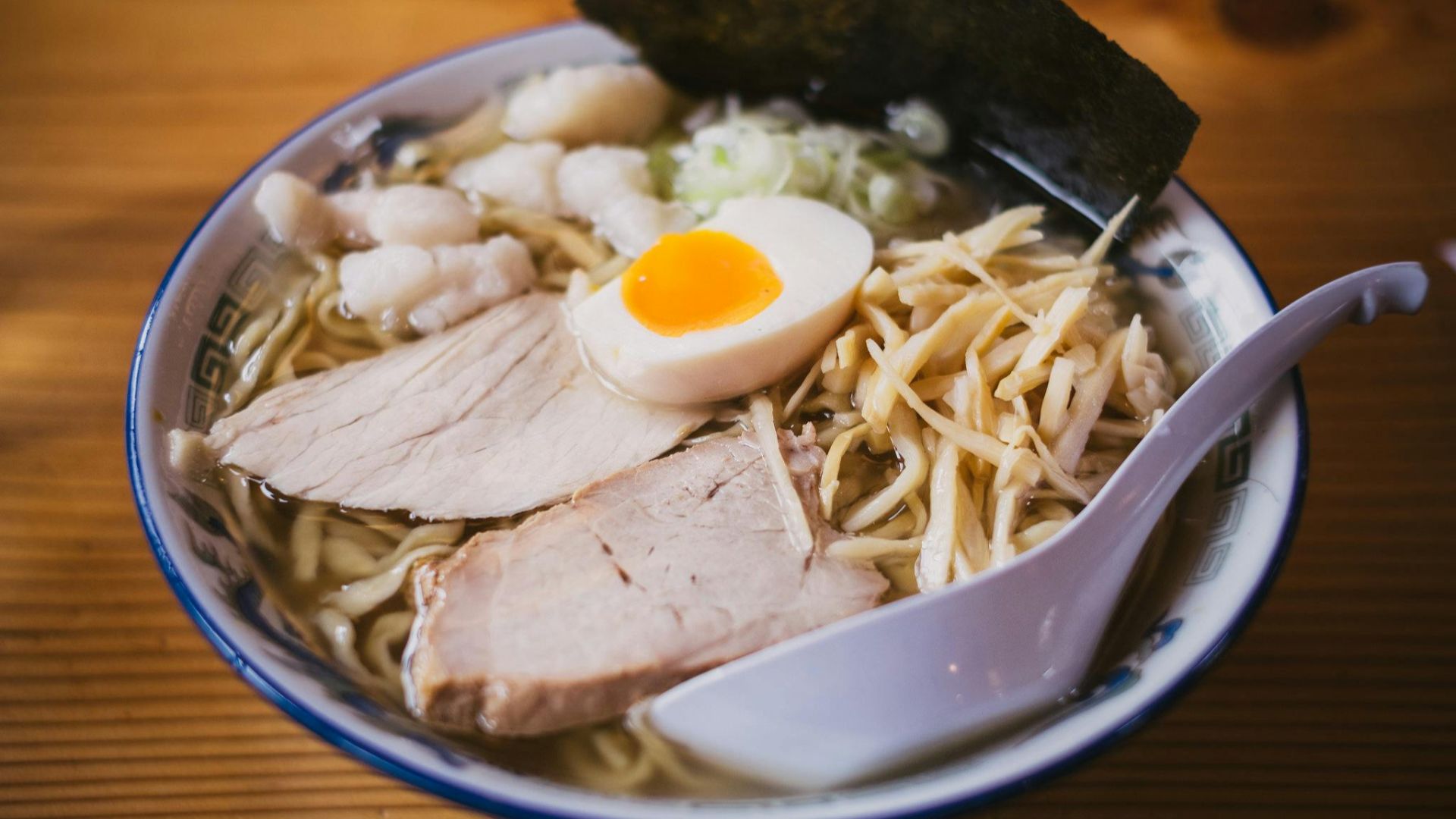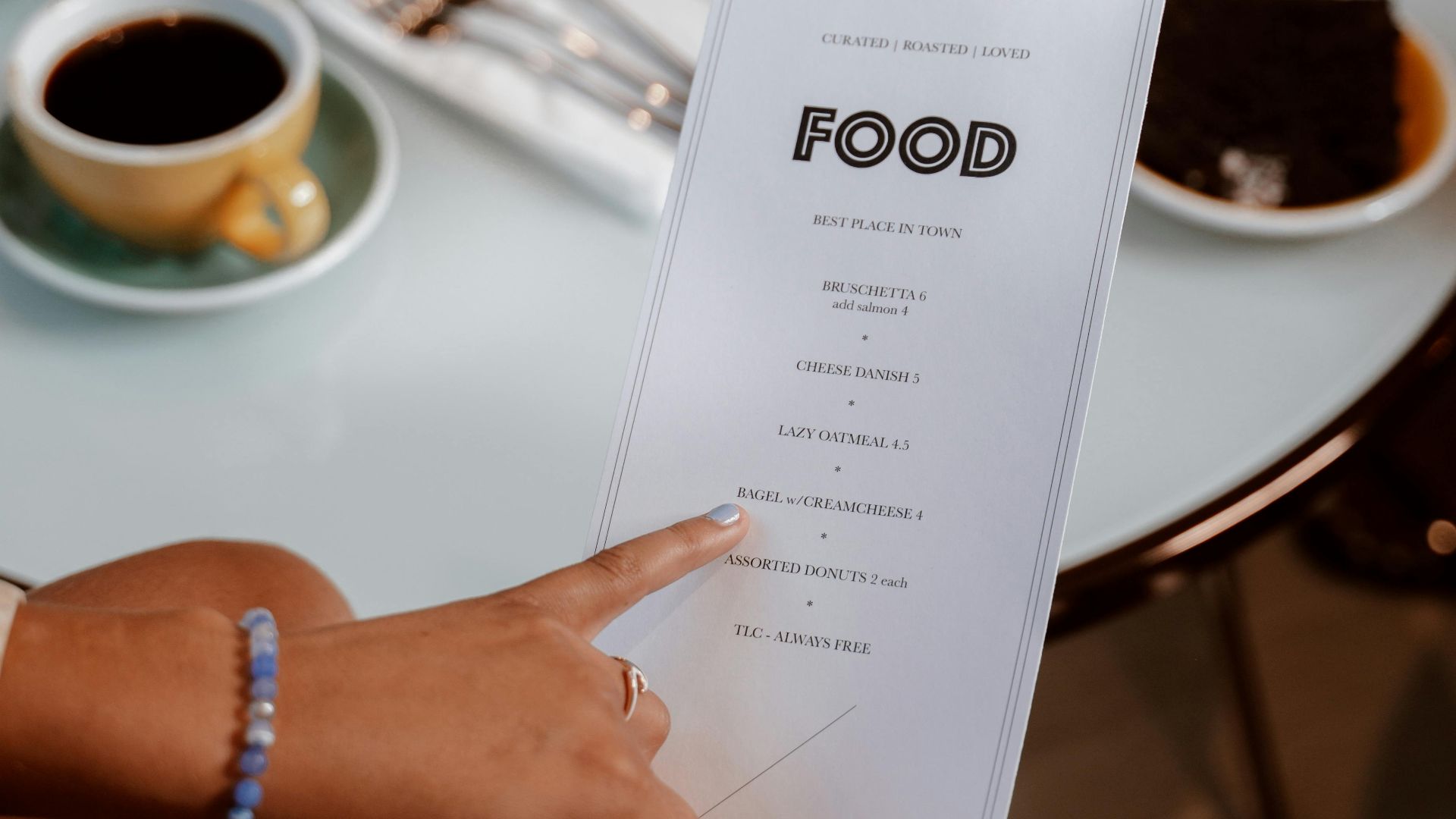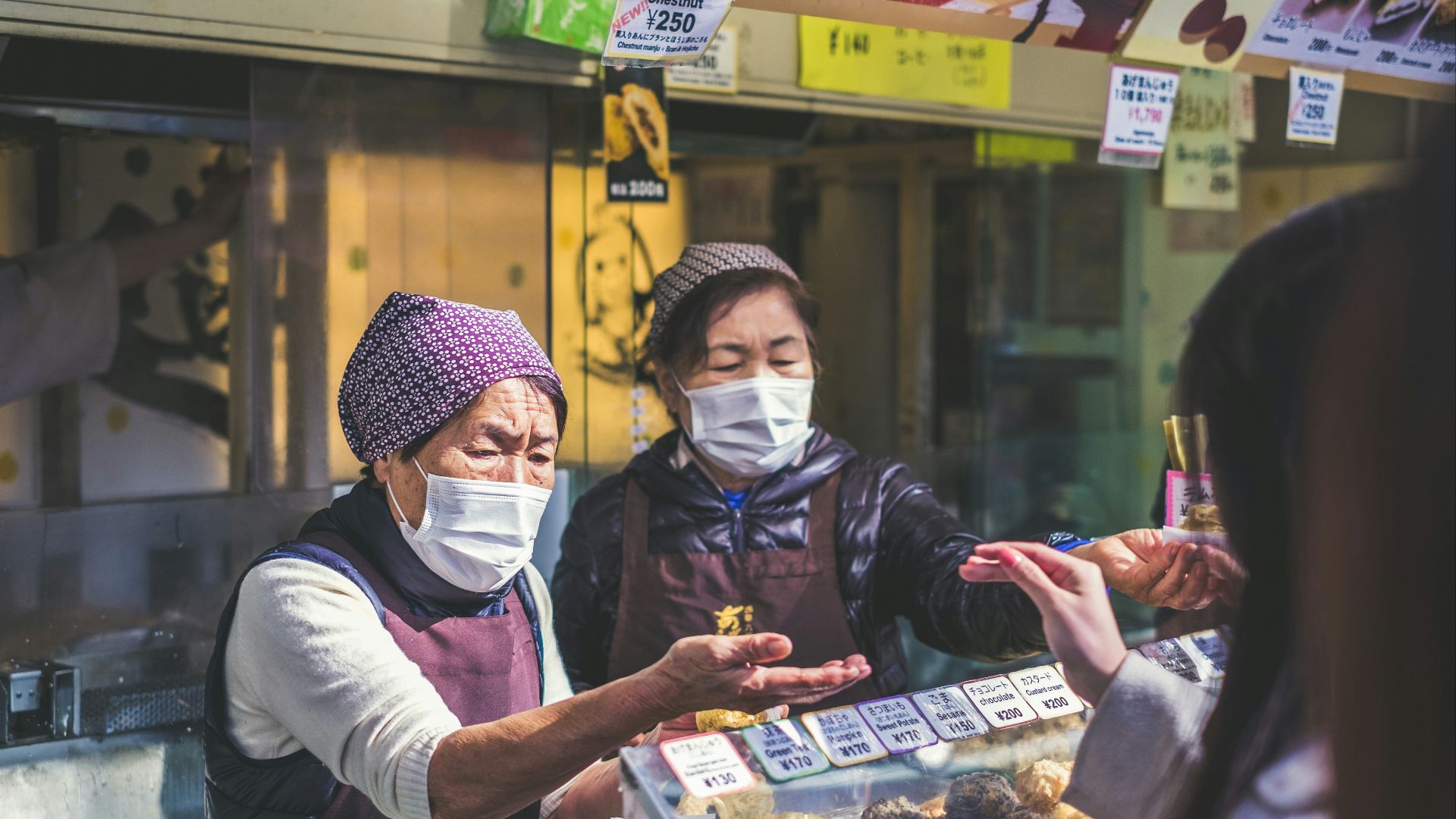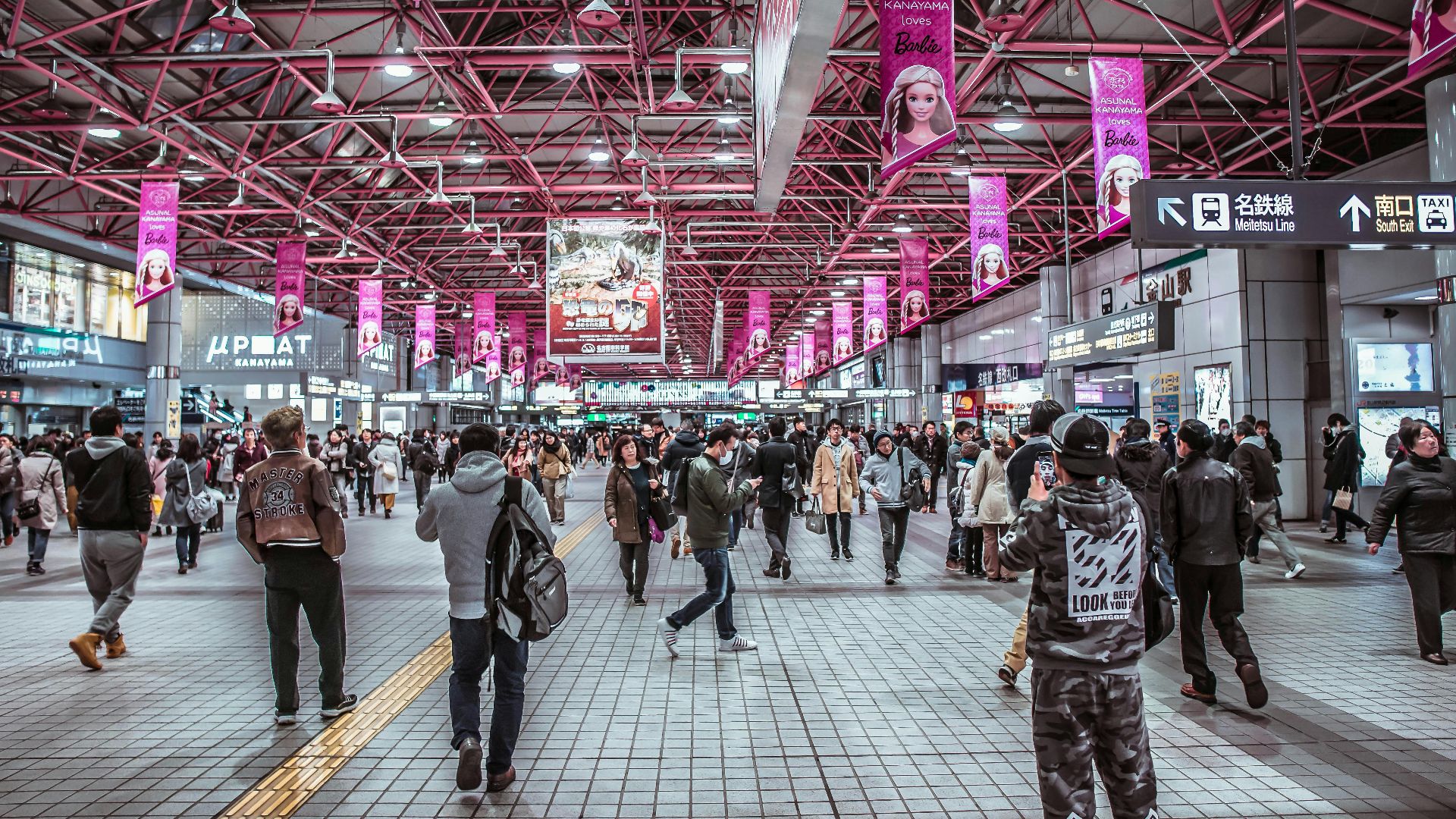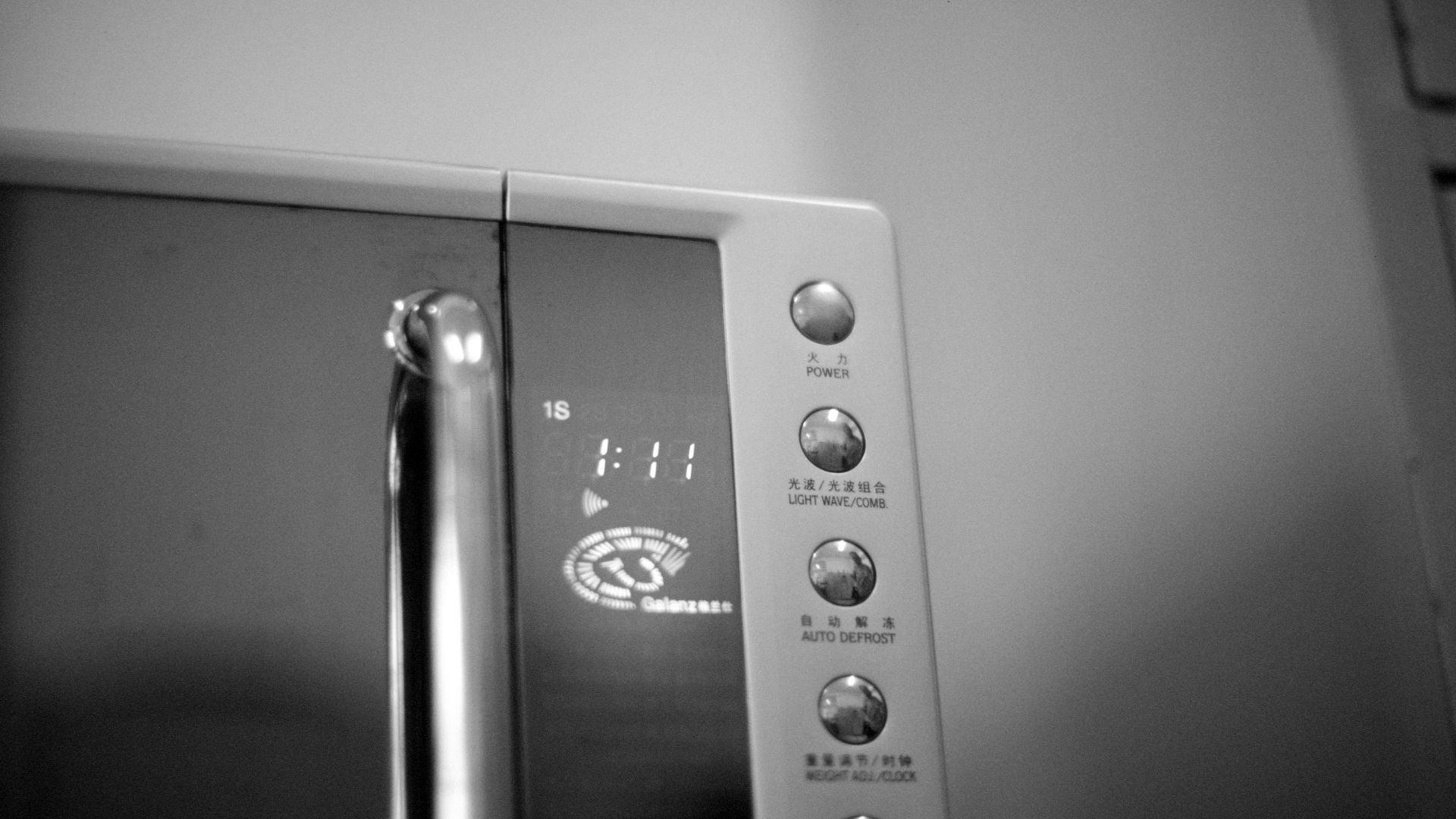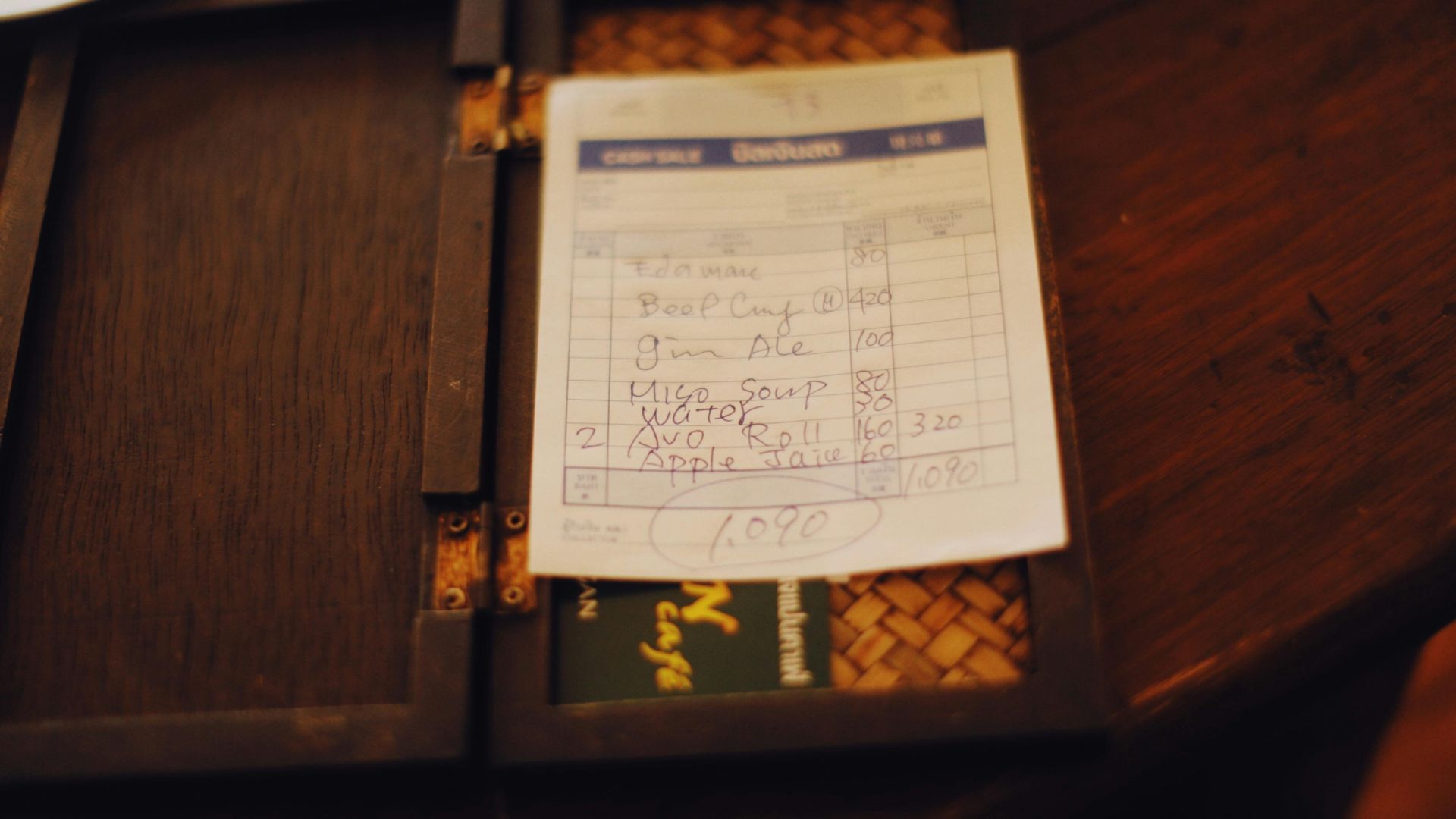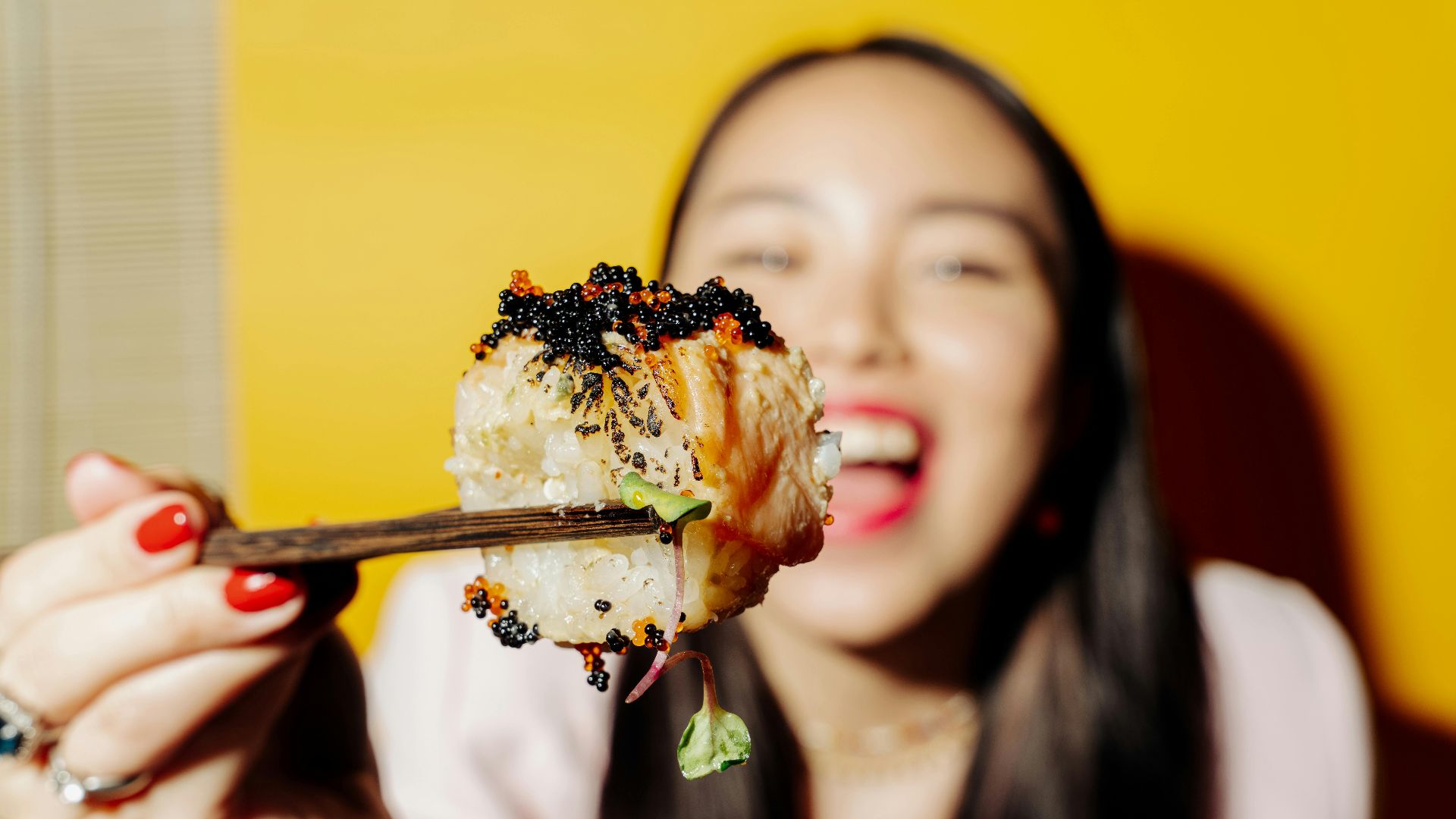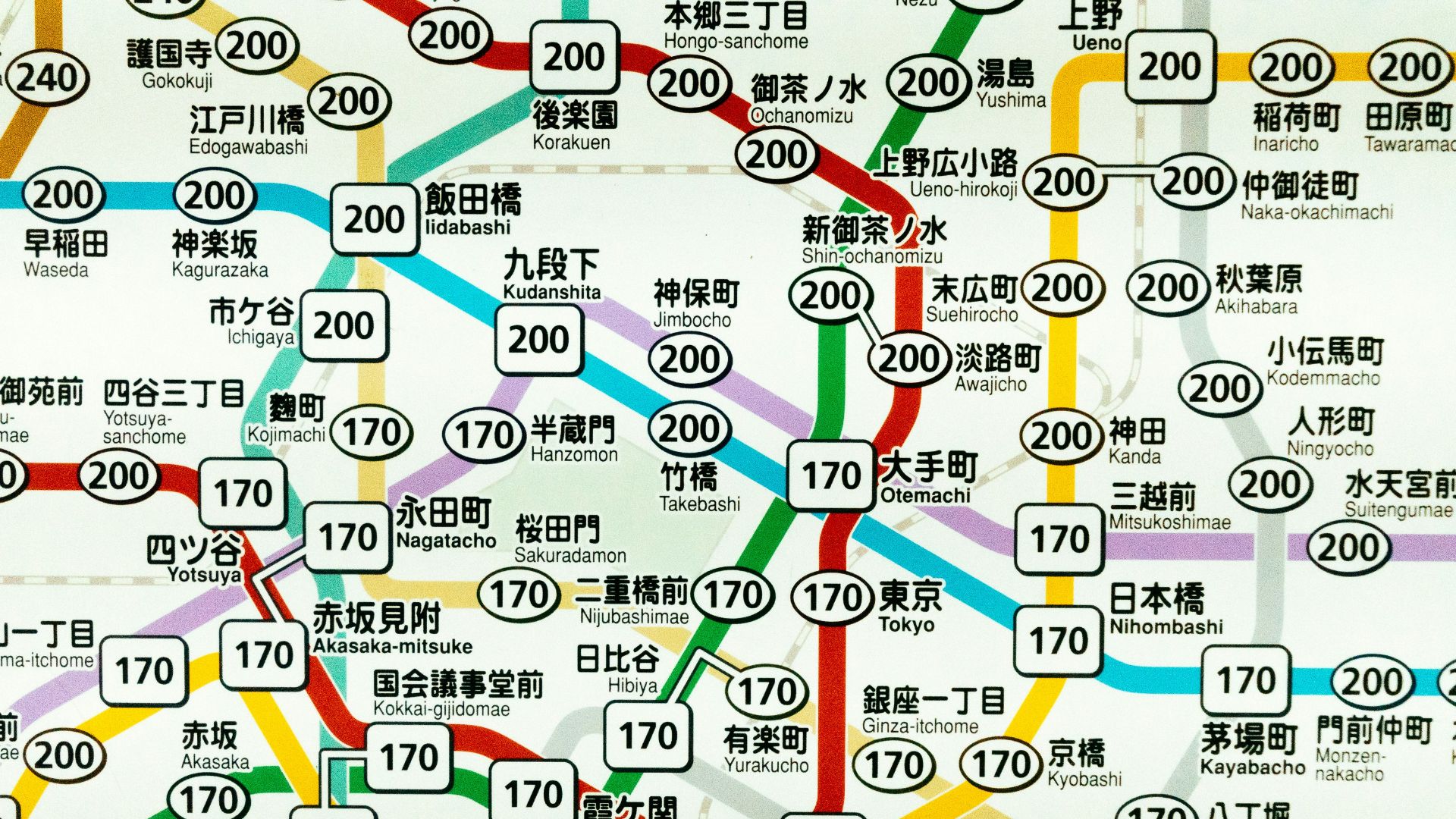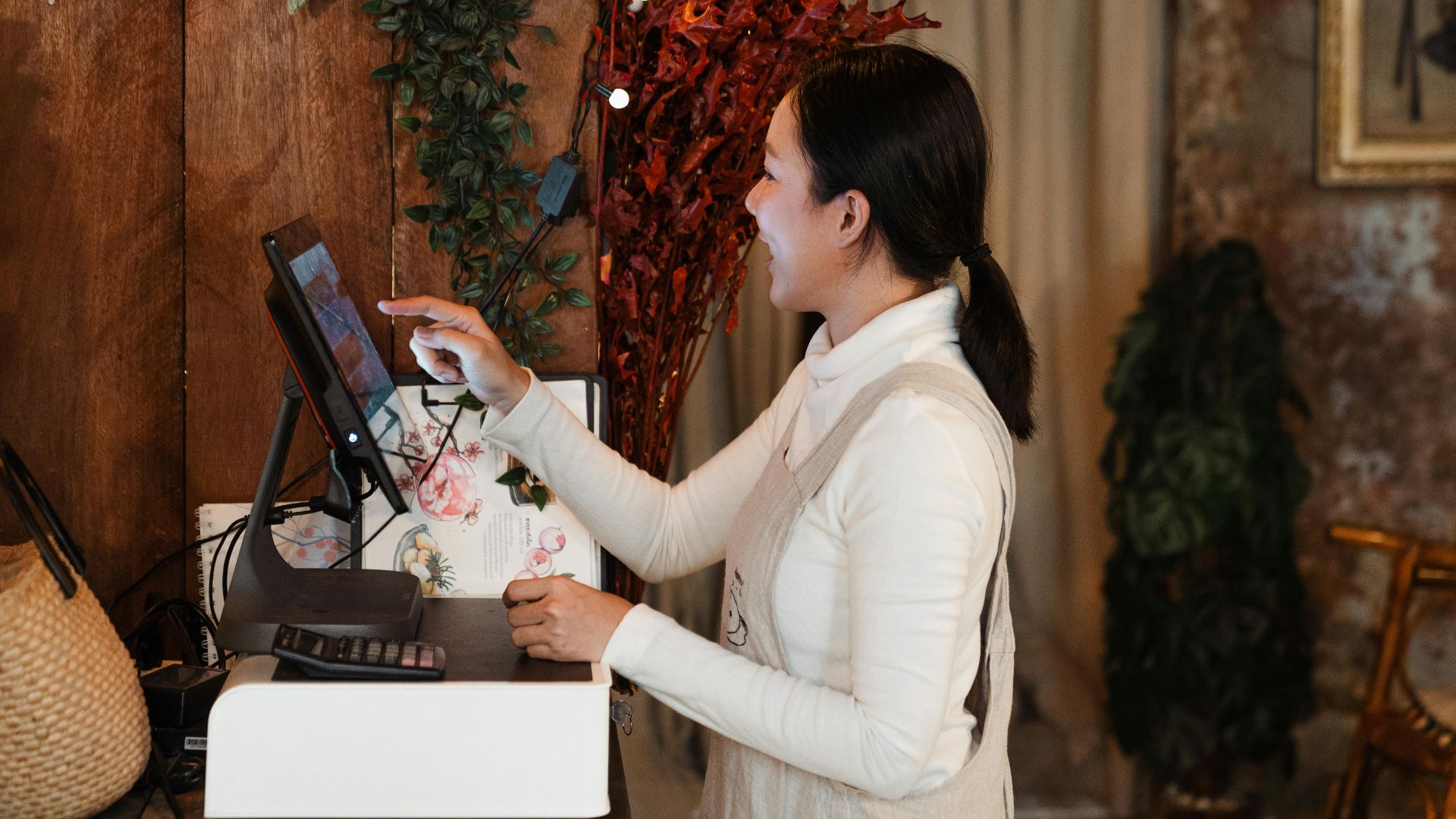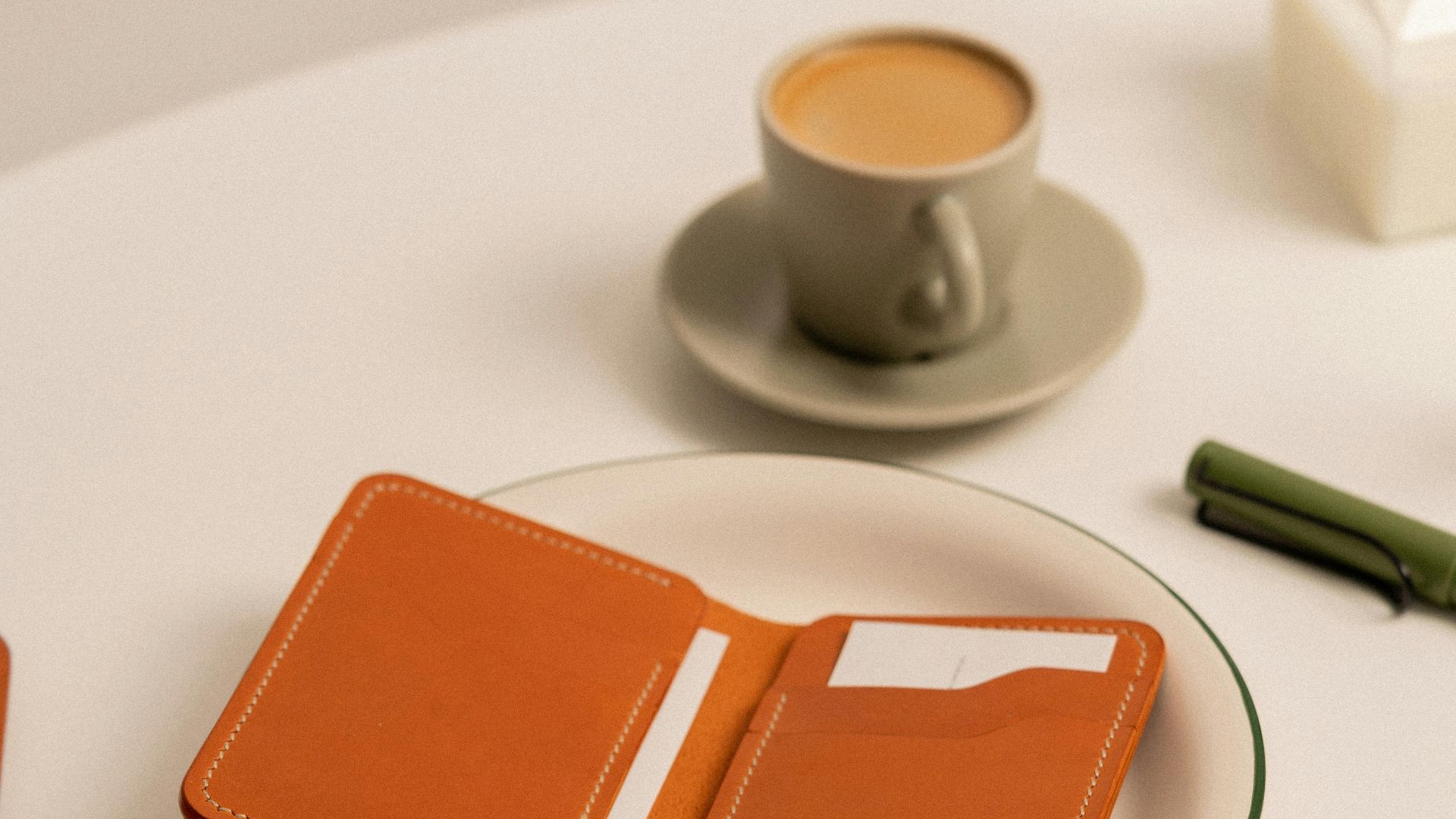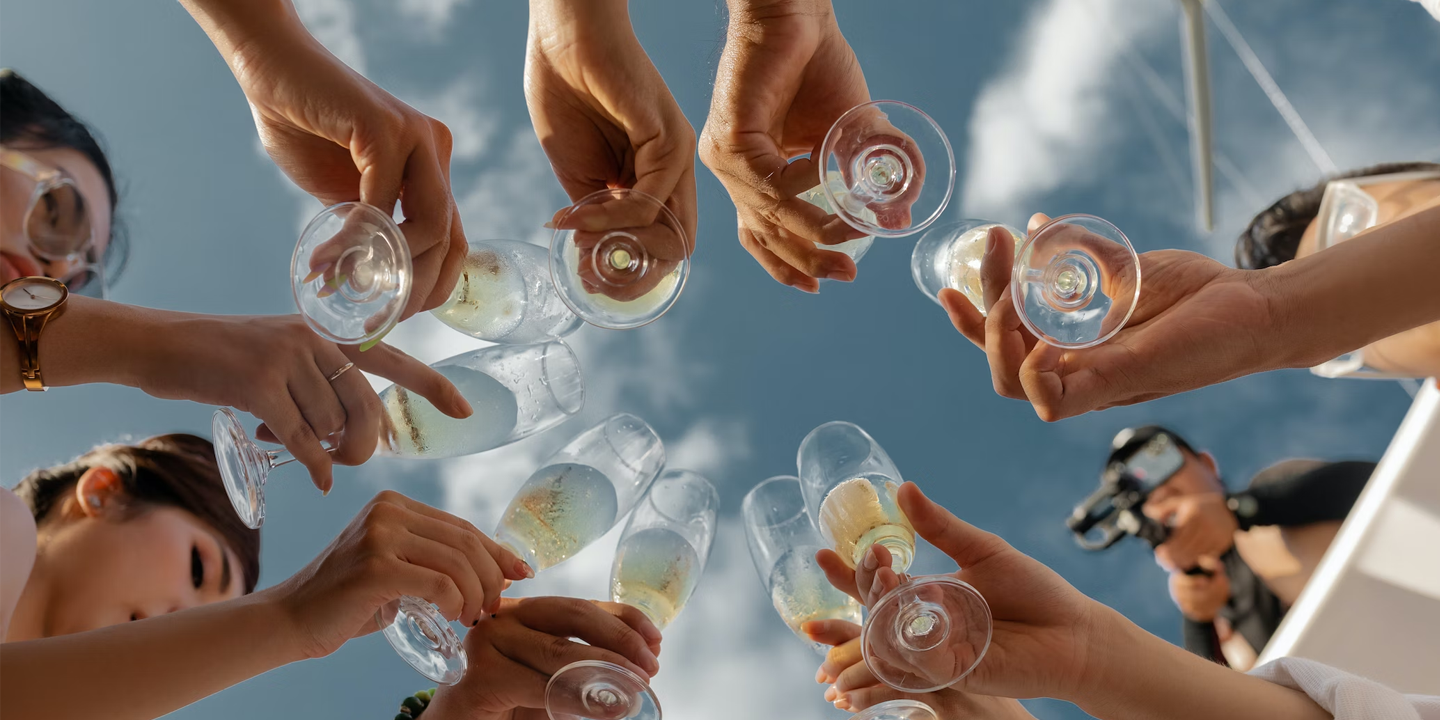How to Sound (Almost) Like a Local in Japan
If you're planning to go to Japan soon, it'll help to know some basic phrases so you can communicate with locals and workers. It'll also be useful to know commonly used terms to better understand others around you and how to navigate everyday life. From sumimasen to douzo, here are 20 essential phrases to learn before your next stop in Japan.
1. Sumimasen
The phrase sumimasen is used in Japan when you want to say "excuse me," such as when weaving through the crowd to get off the train, or when you want to say "I'm sorry." For the latter, you can also use gomen nasai when you want to apologize.
2. Arigatou Gozaimasu
When you want to say thank you, the Japanese phrase is arigatou gozaimasu. You may be able to get by saying just arigatou if it's obvious you're a foreigner or you're much older than the person helping you, but it's nonetheless still much more polite and accepted to tack on the gozaimasu at the end.
3. Wakarimasen
Wakarimasen means "I don't understand." Use this phrase when you find yourself in situations where you're not sure what's being said or asked. Since Japanese people are warm, welcoming, and accommodating, they'll almost always rephrase in a way that's easier for you to grasp.
4. Hai & Iie
Hai and iie in Japanese mean "yes" and "no," respectively. Use these two words when you're being asked to confirm something or asked a yes-or-no question. If you still don't understand, feel free to switch to wakarimasen instead.
5. Konnichiwa
To greet someone, say konnichiwa. Japanese people have different greetings according to the time of the day, such as ohayou gozaimasu ("Good morning") and konbanwa ("Good evening"), but if you find these terms too challenging to memorize, stick to konnichiwa.
6. Daijobu Desu
Daijobu desu means "that's/I'm okay." This phrase will come in handy in many situations, but you'll particularly want to memorize this phrase when purchasing items. This is because you'll often be asked if you need a bag during checkout, which, if you don't, you can say this.
7. Oishii Desu
When something tastes delicious and you want to pay your compliments to the chef, say oishii desu. Again, while you may be able to get away with saying just oishii if you're a foreigner or elder, it's still better appreciated and more polite to tack on the desu at the end.
8. Onegaishimasu
Onegai means favor, so when you say onegaishimasu, you're technically asking—or, more accurately, imploring—for a favor to be done. Don't worry; onegaishimasu is a very polite way to say "please." You can use this phrase when ordering food or when handing your items to the clerk at a store to pay. Onegaishimasu is also considered a slightly more polite form of kudasai, though both are used to make requests.
9. Kore (O) Kudasai
As mentioned, kudasai is another way to say "please." When you want to order something at a restaurant, you can point to the item and say kore (o) kudasai ("This one, please"—the particle "o" is often dropped in speech). If you prefer to say onegaishimasu, say kore onegaishimasu. The difference between kudasai and onegaishimasu is that the former is akin to a command ("Please give me this") and the latter is a more formal request ("Would you please give me this?").
10. Ikura Desuka?
Probably one of the most important phrases you'll need to know when traveling to Japan is ikura desuka, which means, "how much is this?" When you're buying souvenirs or purchasing something at a store with no clear price tag, feel free to use this phrase to confirm with the clerk.
11. Mamonaku
You'll often hear this on the train. Mamonaku means "shortly," such as "arriving shortly." When you hear this said beside a stop you're getting off at, it means it's soon arriving at X station and you should prepare to step off. The announcements will also inform you which side the doors will open.
12. Atatame
Atatame means "to warm" or "to heat." You may hear this when buying food from convenience stores; the clerk might ask atatamemasuka ("Do you want this warmed up?"). Simply reply hai ("Yes") or iie, daijobu desu ("No, that's okay") whether you'd like it to be microwaved for you or not.
13. Isshou Ni & Betsu Betsu
When you're paying for a meal at a restaurant, you may hear the workers ask issho ni or betsu betsu. Issho ni means "together" and betsu betsu means "separately," so they're asking if you'd like to pay all together or in separate bills. Simply repeat whichever term is correct for your situation.
14. Itadakimasu
Before eating, Japanese people will say itadakimasu ("Let's eat," or the more literal translation, "I humbly receive") to show gratitude for the meal. You can also follow this tradition by clapping your hands together before picking up your utensils, then saying, itadakimasu!
15. Gochisousama Deshita
When you're finished with your food, you can also follow the Japanese tradition of saying gochisousama deshita at the end of meals. This again shows gratitude to those who prepared the meal and can be translated to "thank you for the meal; it was a feast."
16. Doko Desuka
Another helpful phrase to know is doko desuka, which means "where is it?" If you're lost or trying to find directions to a certain place or station, simply ask X wa doko desuka? For example, if you want to ask where the Tokyo station is, ask Toukyou eki wa doko desuka? ("Where is Tokyo station?").
17. Douzo
Douzo means "this way, please," or "here you are." You'll often hear this when you're in line at a store; when it's your turn, the clerk will say douzo to indicate they're ready to help you. You may also hear this in restaurants when being led to a table.
18. Tasukete Kudasai
If you have an emergency and need help, you should know the phrase tasukete kudasai, which means "please help me." It's important to note that this cannot be used when asking for help in general (in which case, you should say sumimasen for "excuse me") as tasukete means to save someone or something.
19. Eigo (O/Ga) Hanashimasuka
When you want to ask whether someone can speak English, you can ask them eigo {o/ga) hanashimasuka? Eigo means "English" and hanashimasuka means "do you speak X?" The particles o and ga are often omitted in speech, but you can tack either one of them on in the sentence.
20. Okaikei Onegaishimasu
Finished with your meal? Ask for the bill by saying okaikei onegaishimasu. You might not have instances where you'll need to use this phrase, what with some places in Japan requiring payment when you order, or workers placing the bill face-down at your table for you to pay whenever you're ready. Even then, it's a handy phrase to know.


